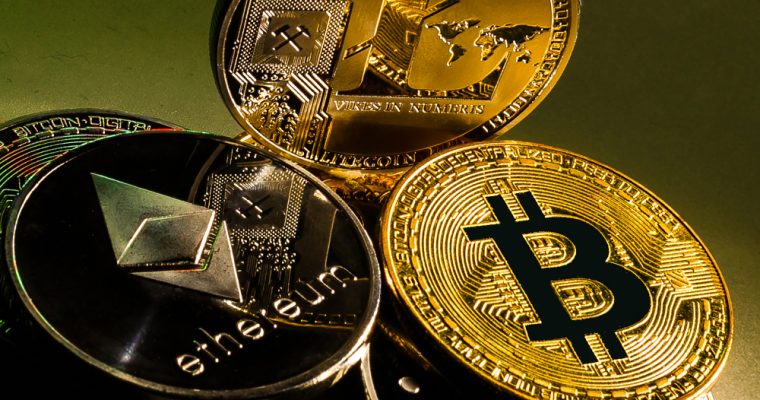Venezuela will start airdropping petroleum coins this week, earning $ 30 per person
Venezuelan President Nicolas Maduro announced on a national TV broadcast yesterday that his government is ready to issue 0.5 petrol coins (approximately $ 30 worth, or five times the monthly minimum wage) as a one-time relief payment, mainly for all retirees , Pensioners, public sector workers, military personnel and qualified citizens of other countries.

There is a condition for this event: users must download and register the newly released Petro app in the country before they can receive their petroleum coins next week.
The app, called Petro, is Venezuelan's official petroleum coin wallet, which allows Venezuelans to use petroleum coins to trade with Bitcoin, Ethereum, and Litecoin. This is currently the only petroleum coin wallet available, so every transaction that uses digital currency must go through this platform.
- Introduction to Blockchain | Unknown Secrets in "Blockchain Village" …
- Fidelity: Bitcoin is becoming an entry-level product for institutional investors, and Ethereum support may be added next year
- Data analysis: a summary of the geographical distribution of Bitcoin / Ethereum global nodes
President Maduro attempted a similar airdrop last year. At the time, the government issued tokens through a platform designed for Venezuelan social welfare: the "Patria" system.
Through the Patria system, Venezuelans can register relevant socio-economic information so that the country can manage its public policies. In exchange, the country deposits randomly announced "bonuses" into a virtual wallet, which can be managed through this portal.
Venezuelans can convert these rewards into fiat currency in a bank account linked to their Patria account. The "bonus" of petroleum coins is also the same logic: after receiving an airdrop, an individual can exchange it for the equivalent Bolivar and deposit it directly into a bank account.
However, this process has been criticized for being too complicated, especially as some older people only want to receive benefits in the form of traditional currencies. Maduro's political opponents have also attacked the move, questioning the legitimacy of state benefits in cryptocurrencies.
However, this new system involving the petrocoin app aims to simplify the process by eliminating bank intermediation. And, if successful, the system could mark an important step for the Venezuelan public to use crypto wallets, allowing tokens to be traded for free.
But this measure has also caused a lot of different responses, with good views and severe criticisms. Considering past technical failures and the attitude of people to the petrocoin app so far, the Maduro government has a long way to go to build a country where millions of people use the national cryptocurrency for transactions.
We will continue to update Blocking; if you have any questions or suggestions, please contact us!
Was this article helpful?
93 out of 132 found this helpful
Related articles
- Coinbase becomes Tezos' largest verification node, will it be a new trend for exchanges?
- Summarize the 2019 | The current development status, trends and the nature of user behavior on the chain
- Babbitt weekly election 丨 China's central bank digital currency (DC / EP) trial is imminent, but Libra is still deleting the white paper
- Interpretation: what is atomic swap "changing"
- Featured | Dragonfly Capital discusses three things that DeFi needs to solve next year; a blockchain year-end summary letter from Pantera
- View: DCEP's mission is to replace cash, Bitcoin's mission is to become cash
- Babbitt Column | Xiao Zheng: What are the new judicial trends of blockchain projects?






